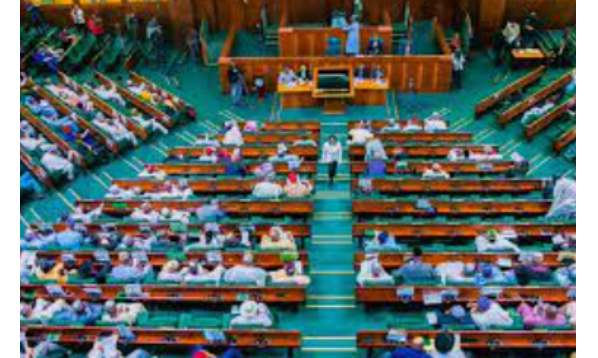
The Nigerian primary, secondary, and tertiary institutions may soon have new curricula following the adoption of the motion on the floor of the House of Representatives during plenary on Thursday.
This was a sequel to the House resolution on a motion titled “Review of the Nigerian curriculum for primary and secondary schools in line with current global market needs and contemporary realities,” moved by a member of the People’s Democratic Party from Osun State, BAMIDELE SALAM.
Leading the debate, SALAM noted that Nigeria’s traditional curriculum, for primary and secondary schools, faces challenges compared to advanced nations of the world.
He argued that while the curriculum equips students with the knowledge, “it prioritizes rote learning over practical skills like critical thinking and problem-solving, which are very crucial in the current labour market.
The existing curriculum, he noted, falls short of developing critical thinking and problem-solving skills, arguing that “advanced economies prioritize fostering analytical abilities and encouraging students to approach challenges with innovative solutions.”
The lawmaker further noted that the curriculum in developed nations often integrates practical training and exposure to real-world scenarios, preparing students for the specific demands of the job market, unlike the current national curriculum.